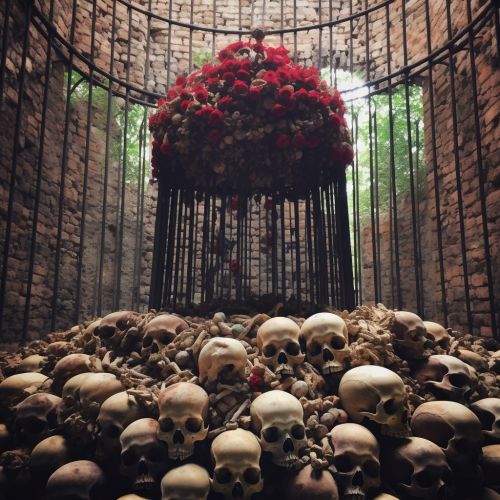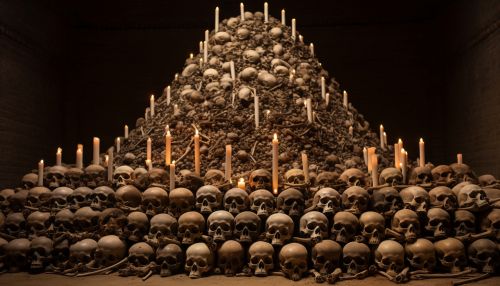Khmer Rouge
Origins
The origins of the Khmer Rouge can be traced back to the aftermath of World War II, when a wave of anti-colonial nationalism swept across Asia. The Khmer Rouge, originally a small group of French-educated intellectuals, was influenced by the Vietnamese struggle against French colonial rule and the ideological currents of Marxism-Leninism and Maoism.
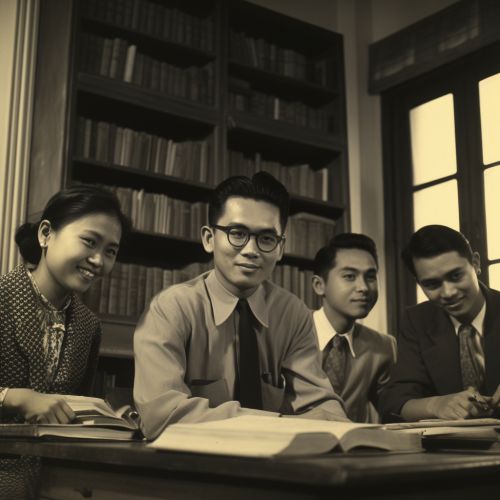
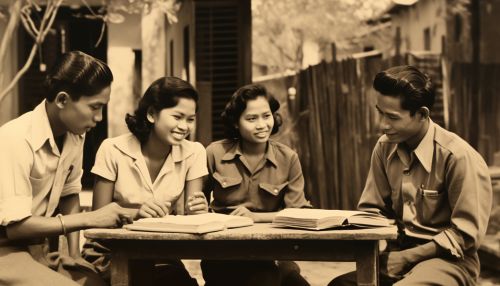
Rise to Power
The Khmer Rouge began as a marginal player in Cambodian politics, but its fortunes changed dramatically with the onset of the Vietnam War. The escalating conflict in neighboring Vietnam and the increasing instability of the Cambodian government created a power vacuum that the Khmer Rouge exploited. By 1975, after a brutal civil war, the Khmer Rouge had seized control of Cambodia.
Ideology and Goals
The Khmer Rouge was driven by a radical agrarian ideology that sought to transform Cambodia into a self-sufficient, classless society. The regime aimed to abolish money, private property, and religion, and to collectivize all aspects of social and economic life. The Khmer Rouge's vision of utopia was a return to an imagined pre-industrial past, a so-called "Year Zero," in which the country would be purged of all foreign influences and start anew.
Reign of Terror
The Khmer Rouge's rule from 1975 to 1979 was marked by extreme violence and brutality. The regime implemented a radical program of social engineering, forcibly evacuating cities and relocating the urban population to rural collective farms. Intellectuals, professionals, and anyone perceived as a threat to the regime were systematically purged. It is estimated that between 1.7 and 2 million people, or about a quarter of Cambodia's population, died from execution, forced labor, starvation, or disease during this period.
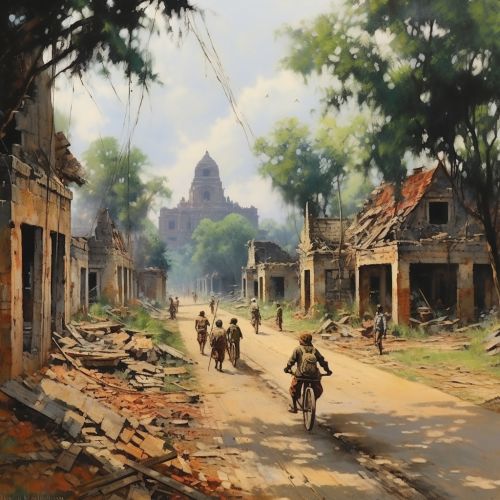
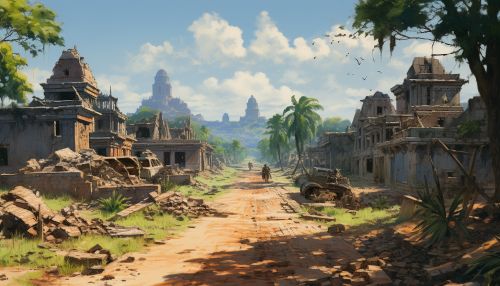
Fall and Aftermath
The Khmer Rouge's reign ended in 1979 when Vietnam invaded Cambodia and installed a new government. However, the Khmer Rouge continued to wage a guerrilla war against the Vietnamese-backed government until 1998. The legacy of the Khmer Rouge's rule continues to haunt Cambodia, with many survivors still seeking justice for the atrocities committed.
Legacy
The Khmer Rouge's brutal regime left a profound and lasting impact on Cambodia. The mass killings are considered one of the worst genocides in history, and the regime's radical policies resulted in widespread social and economic disruption. The Khmer Rouge's legacy also includes the ongoing struggle for justice and reconciliation in Cambodia, as well as the enduring trauma experienced by survivors and their descendants.
